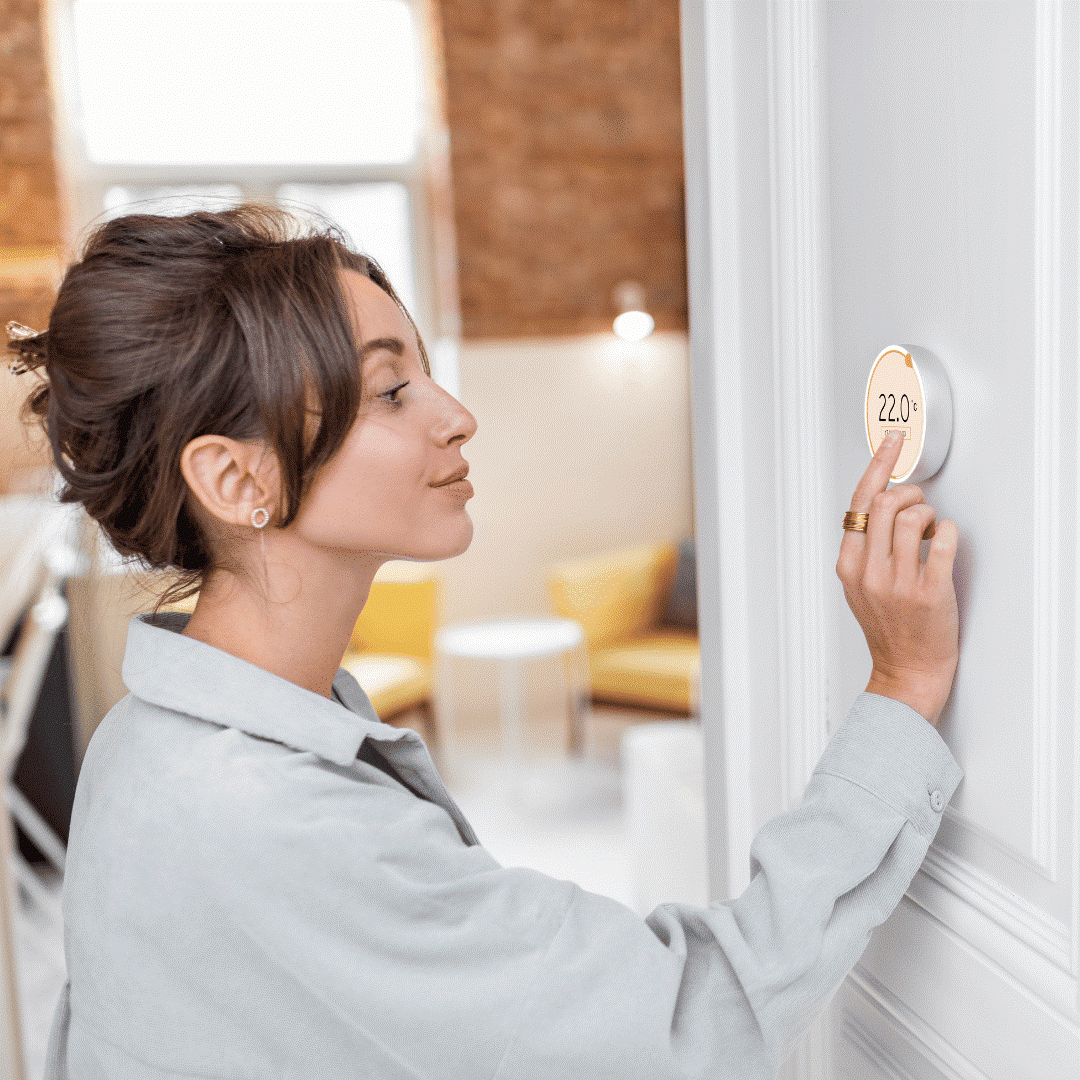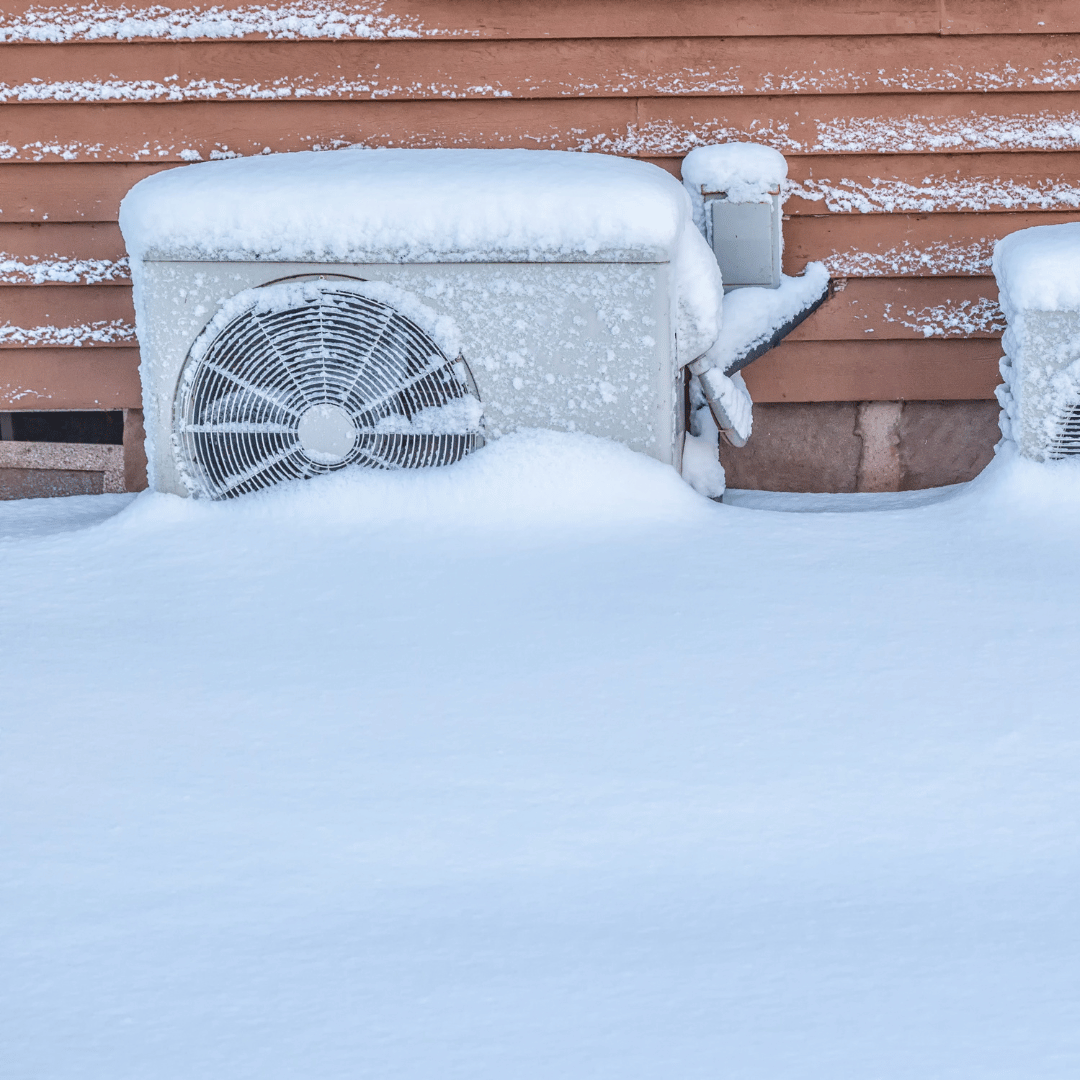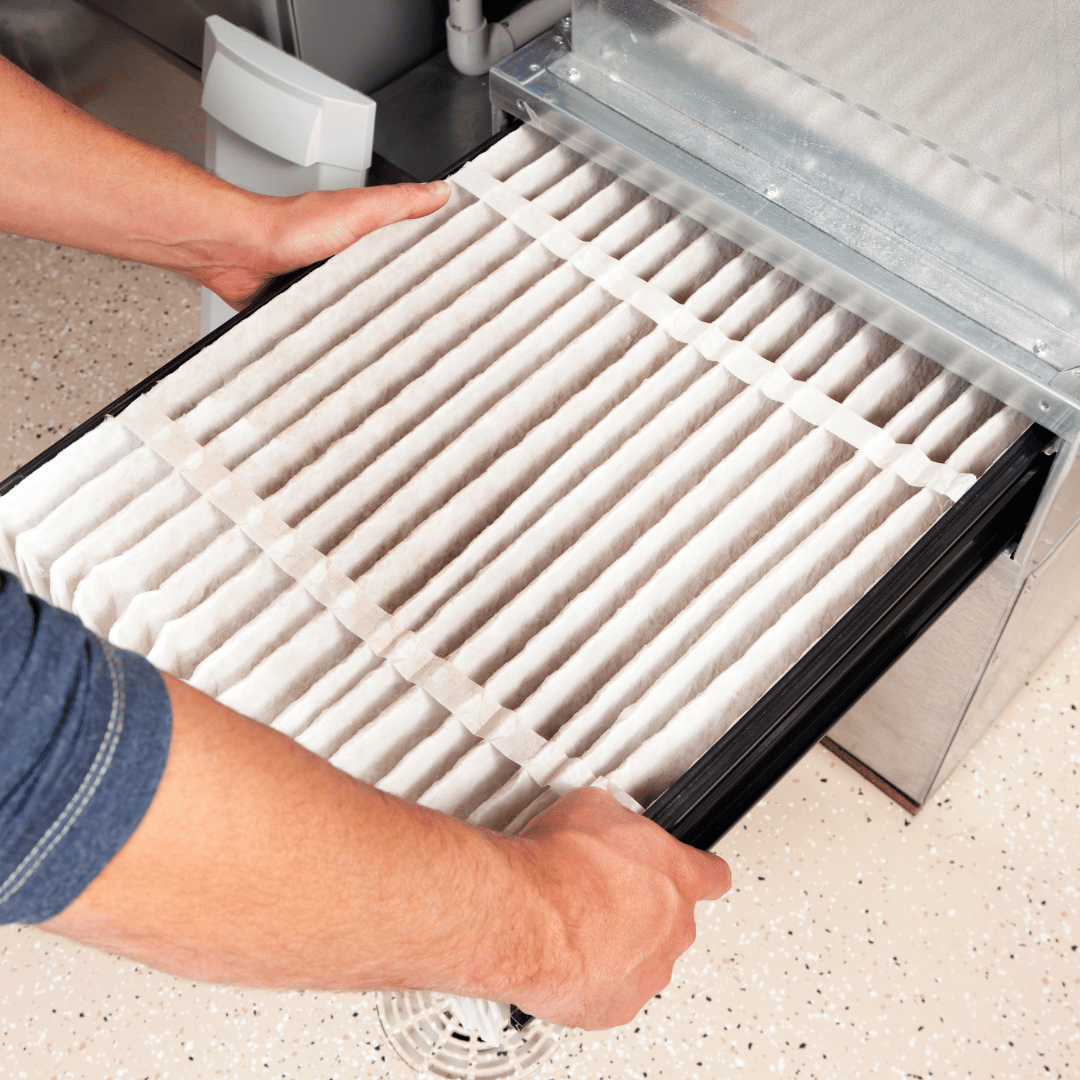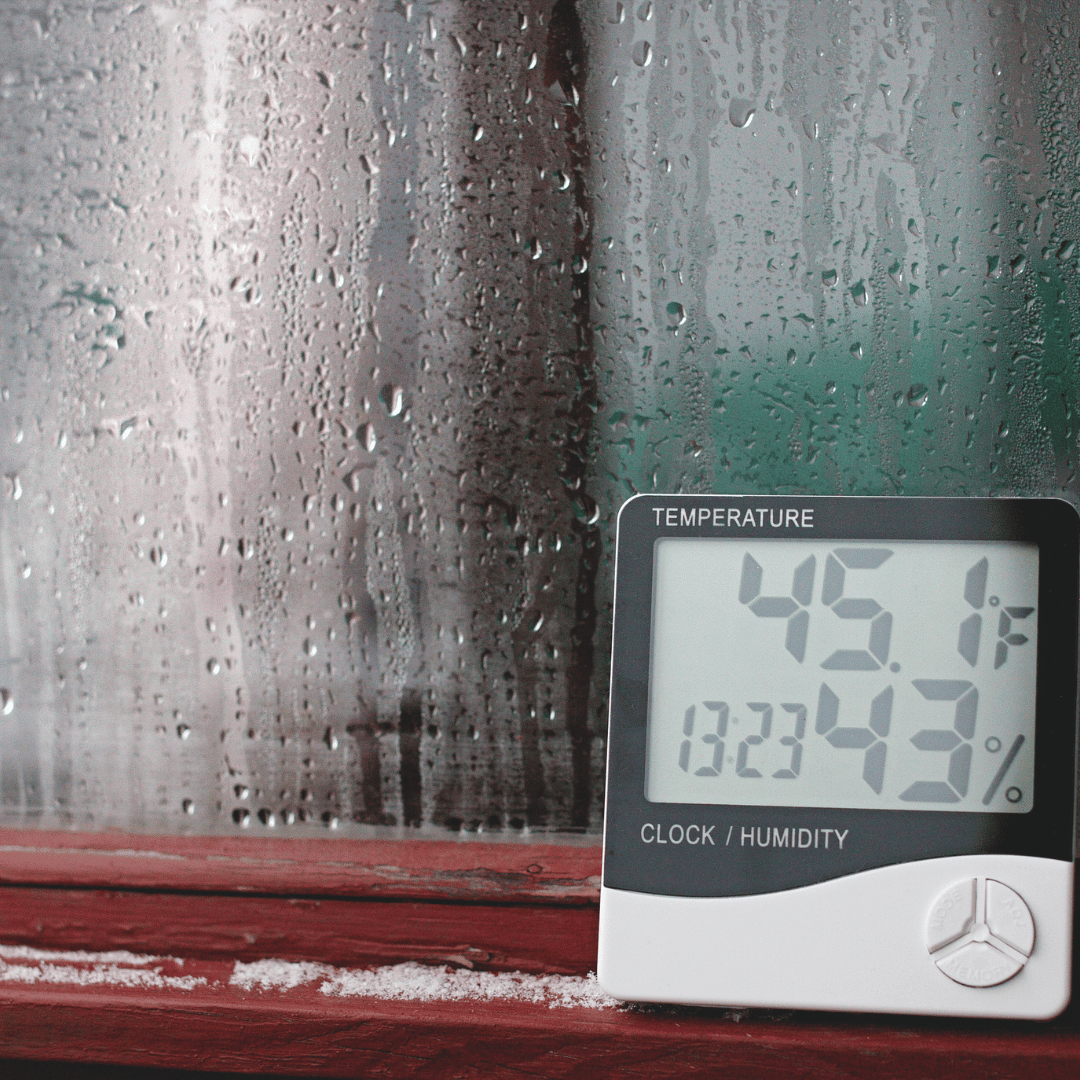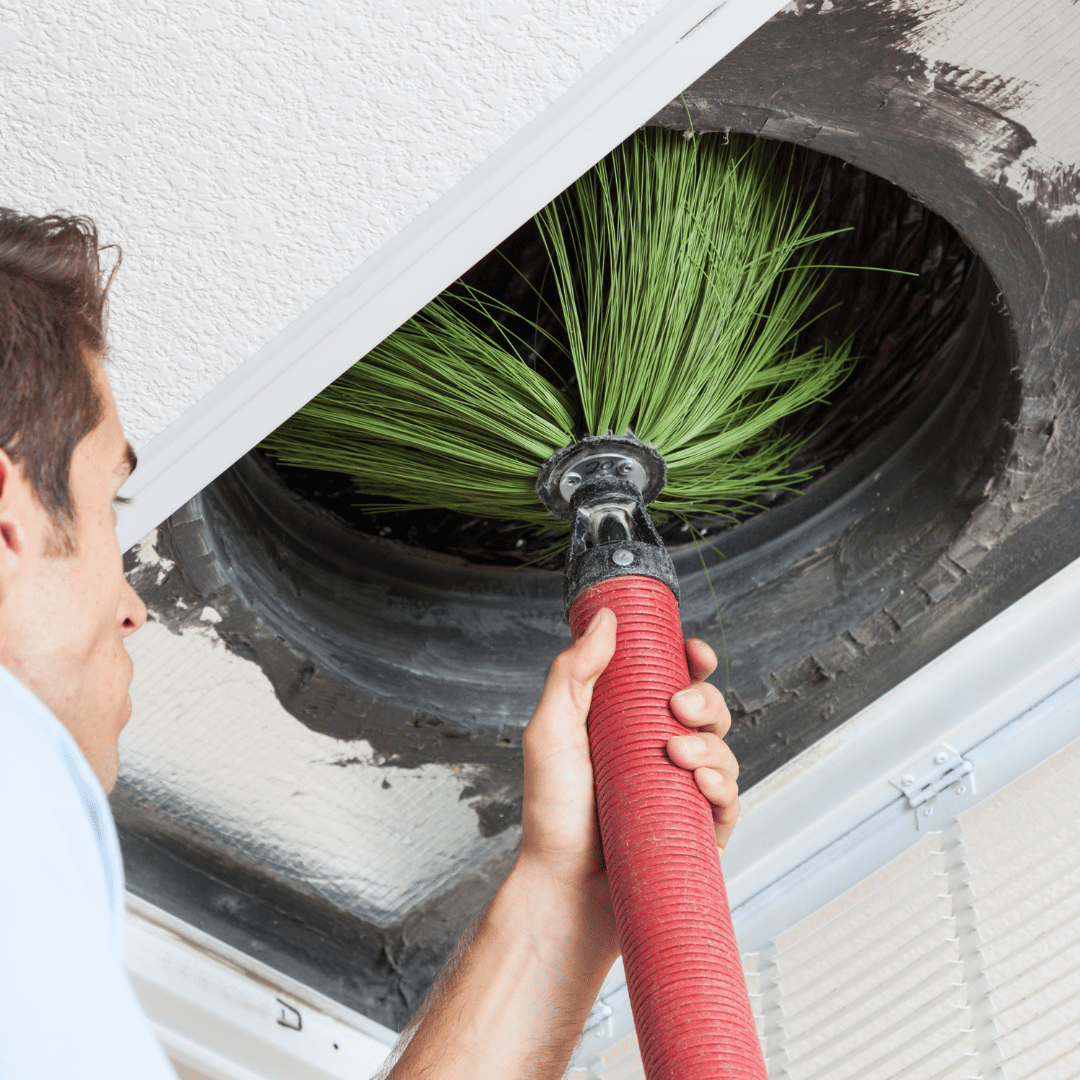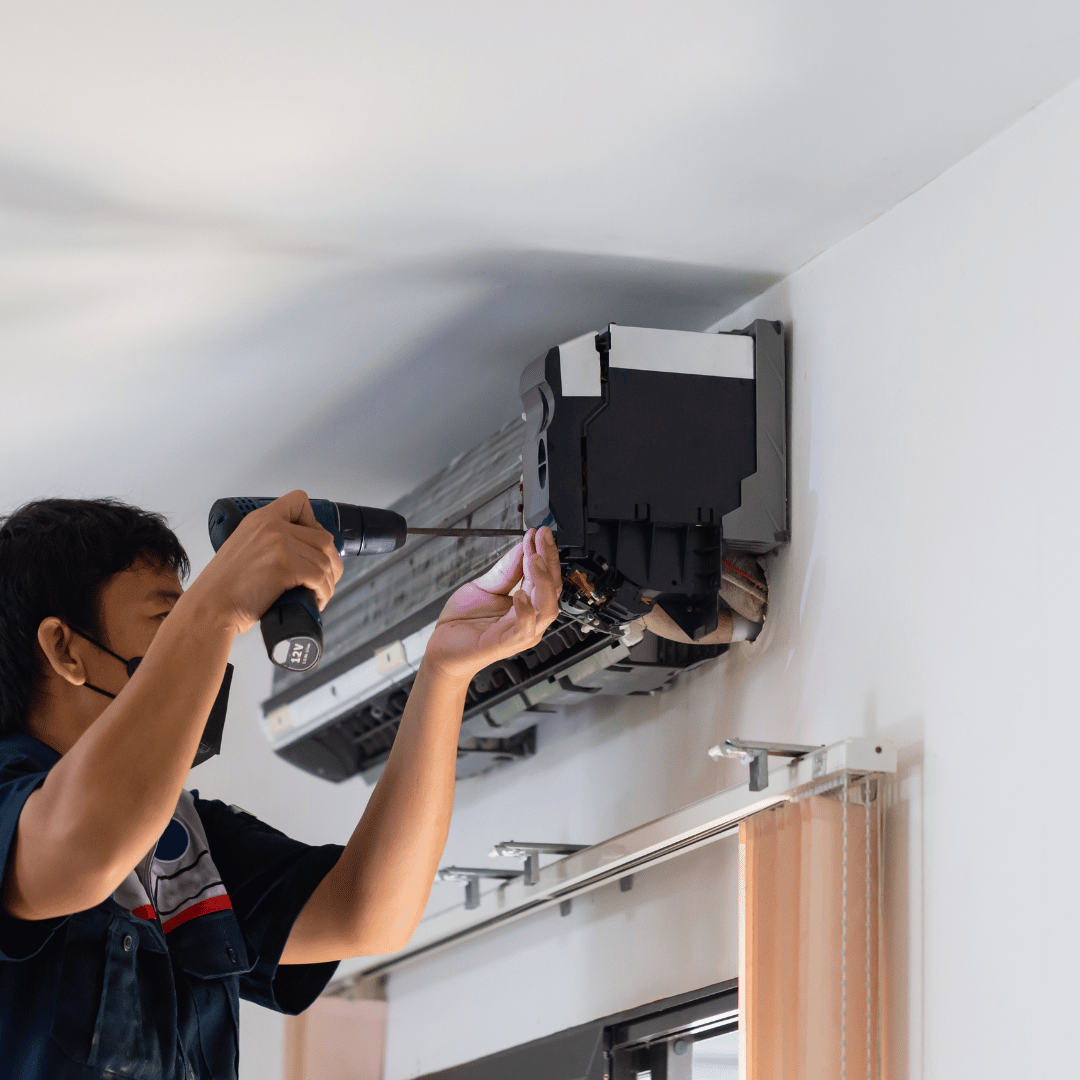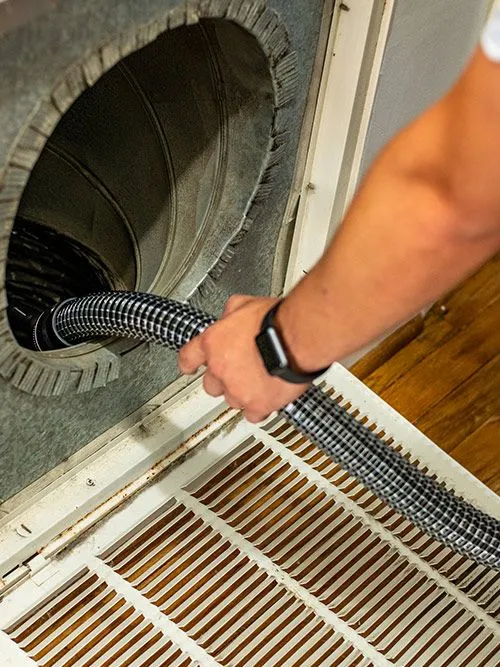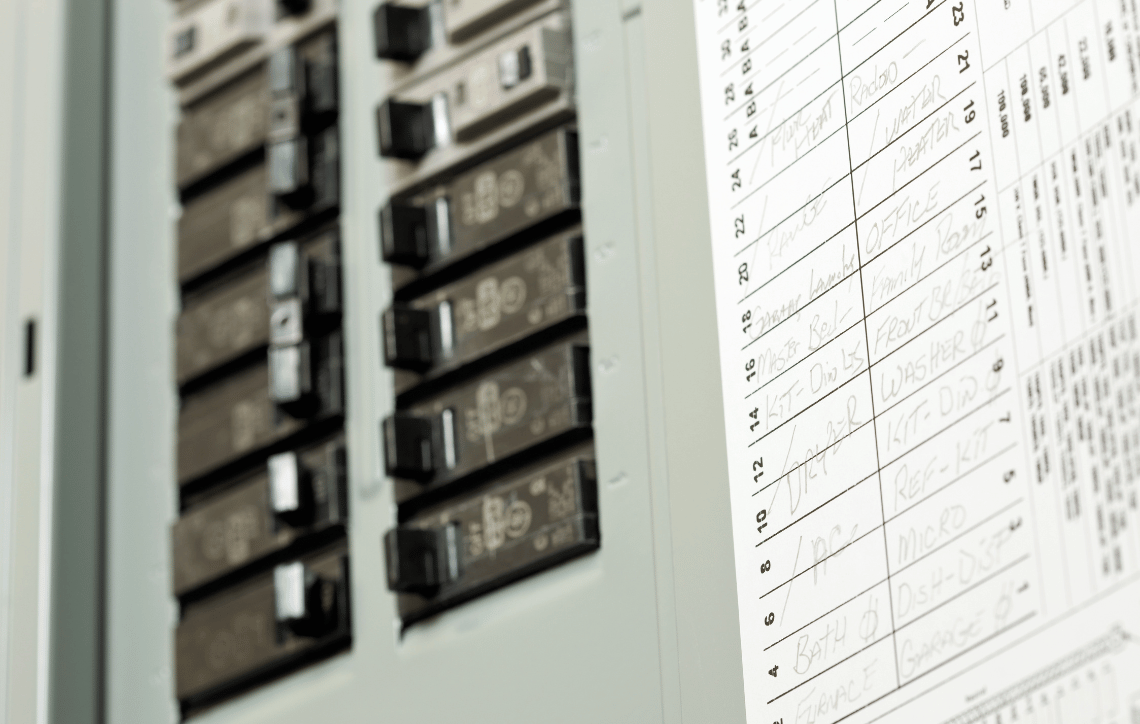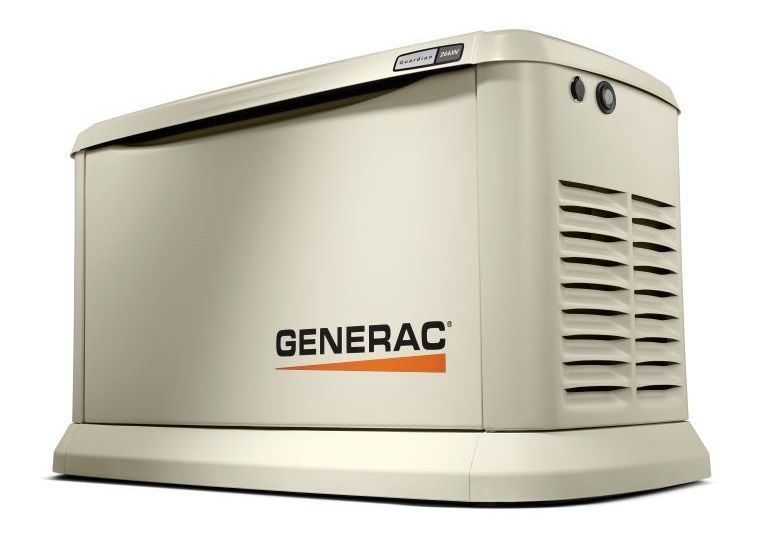Tips for Maintaining Your Heat Pump and Extending Its Lifespan
Heat pumps are key in modern homes, offering cooling in summer and warmth in winter. Maintaining them well not only saves money but also helps the environment. Regular upkeep is vital to extend your heat pump's lifespan. This article shares maintenance tips for homeowners and
HVAC pros to keep your heat pump running efficiently.
Understanding Your Heat Pump
Before delving into maintenance, it's important to have a basic understanding of what a heat pump system is. Heat pump systems are highly efficient HVAC solutions that stand out from traditional furnaces that rely on natural gas. Heat pumps operate on electricity, which makes them a more efficient heating alternative. A heat pump system is a compression cycle refrigeration system that can be reversed to either heat or cool a controlled space. These systems are effective because they move warm air from one area to another instead of creating heat from scratch.
The average life expectancy of a heat pump unit is 15 years, but with proper maintenance, it can last even longer. Neglecting maintenance can lead to frequent breakdowns and increased energy costs, ultimately shortening the lifespan of the unit. That's why it is crucial to ensure efficient home climate control through proper maintenance.
Importance of Heat Pump Maintenance
For most homeowners, the cost associated with a new heat pump is substantial. Therefore, maintaining the system is not only about comfort and convenience but also about protecting your investment. By investing a little time and effort into regular upkeep, you can ensure top-notch energy efficiency and comfort year-round. So let's dive into some tips for maintaining your heat pump and maximizing its longevity.
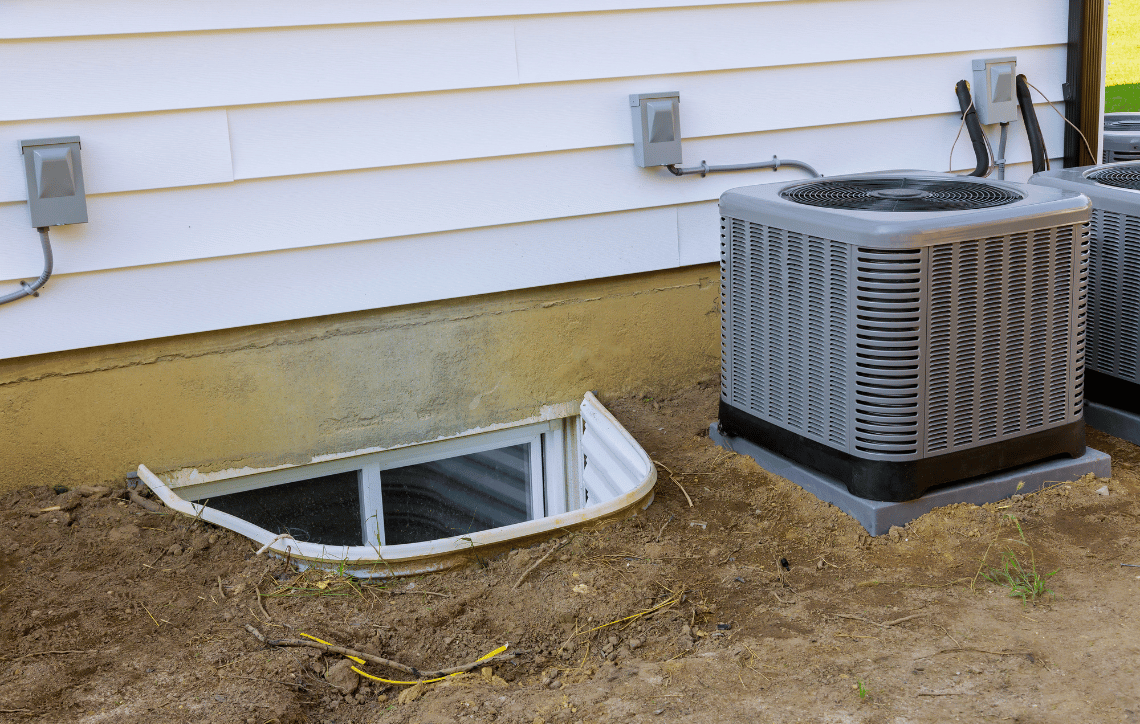
Efficient Operation and Cost Savings
Rising energy bills signal your heat pump needs maintenance. Regular service boosts efficiency, saving on bills. A well-maintained pump delivers consistent heating/cooling with minimal energy. Stay on top of maintenance to cut energy costs.
Heat Pump Longevity
A clean and well-cared-for heat pump can often outlast a poorly maintained one by several years. Given the expense of replacement, taking care of your existing heat pump is imperative.
Preventative Maintenance to Avoid Repairs
Many common heat pump issues, such as coil freezing, can be prevented with regular maintenance. By addressing small issues early, you won't find yourself having to deal with costly, emergency repairs.
Regular Cleaning and Inspection
Keeping your heat pump in good condition starts with establishing a routine for cleaning and inspection. Regular checks will help you identify issues before they escalate. Here are some critical tasks you should include in your regular maintenance routine:
Filters
Filters are crucial for protecting your heat pump from dust, dirt, and particles that can block airflow. Clogged filters reduce efficiency. Keep air quality and performance balanced by changing or cleaning filters monthly or as required.
Coils and Fins
Over time, dirt can build up on the coils, evaporator, and condenser of your heat pump. This grime acts as insulation, hindering heat absorption and dissipation. Regularly check and clean the coils and fins annually, and consider professional cleaning if needed. Bent fins can lower efficiency but can be fixed with a fin comb available at HVAC supply stores.
Seasonal Maintenance Checklist
A heat pump serves as a versatile device, capable of both heating and cooling a home by transferring heat from one source to another. During hotter seasons, it expels heat from the indoors to the outdoors, while in colder weather, the process reverses. In addition to routine cleaning and inspection, specific tasks should be carried out as the seasons change to ensure your heat pump is primed for the fluctuating demands.
Spring Maintenance:
Start the cooling season by doing a thorough spring cleanup. Turn off the system, open the outside unit, and vacuum dust and debris. Straighten bent fins and trim vegetation around the unit to prevent airflow blockage.
Fall Maintenance:
Before the heating season, repeat the process to prepare for the switch. Clean the unit thoroughly to remove debris, and ensure the hardware is secure. For non-gas heat pumps, turn off the outside condenser, and cover it to prevent heat loss and drafts. Remember to remove the cover before restarting the system to prevent damage.
Professional Maintenance Tips
While there are many tasks that you can tackle yourself, some maintenance jobs are best left to the professionals. Here's when you should consider calling in the experts:
Complex Tasks:
When it comes to tasks like refrigerant line insulation or working on the unit's refrigeration system, it's best to leave it to a certified technician. The refrigeration system is under high pressure and can be hazardous without the correct knowledge and equipment.
Annual Check-Ups:
Professional technicians should conduct an annual inspection to ensure proper functioning. They inspect for refrigerant leaks, measure airflow, calibrate the thermostat, and evaluate duct systems, providing a comprehensive assessment and any needed service.
Common Signs of Heat Pump Problems
- Reduced Airflow
- Odd Noises
- Unpleasant Odors
- Short Cycling
- Inconsistent Temperatures
Should you observe any of these signs, it is crucial to promptly attend to them to avert additional harm and uphold the efficiency of your heat pump. An increase in electricity bills, frequent repairs, and declining air quality serve as signals that the moment may have arrived to consider replacing your heat pump system.
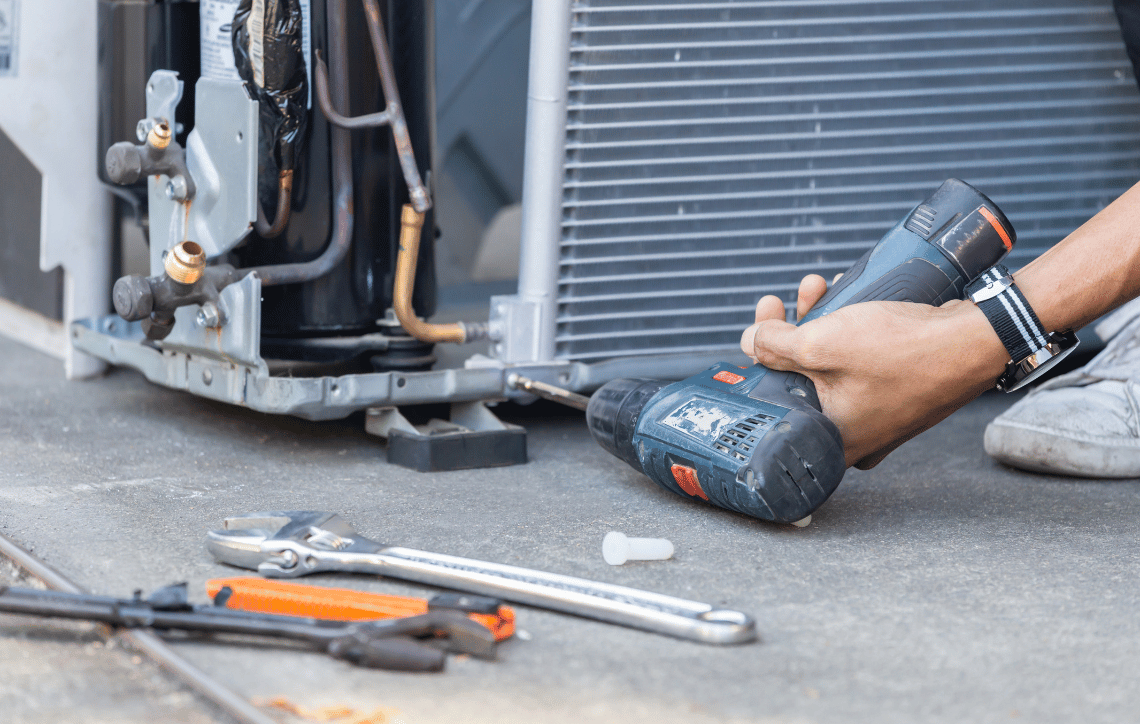
A well-cared-for heat pump system can be a long-term money saver and a significant contributor to your home's energy efficiency. If you want to extend your heat pump's life expectancy, you can follow these tips. Regular, meticulous maintenance is the key to keeping your heat pump running as it should. By setting up a structured cleaning and inspection routine, carrying out seasonal checklists, and knowing when to call in the experts, you’ll be taking important steps to ensure your heat pump's long and efficient life.
Don't let your heat pump suffer from neglect! Contact Salt Air Heating Cooling & Electrical for professional maintenance services to ensure your heat pump is running efficiently and reliably all year round. Our team of experts will help you keep your energy bills low and extend the lifespan of your heat pump.
